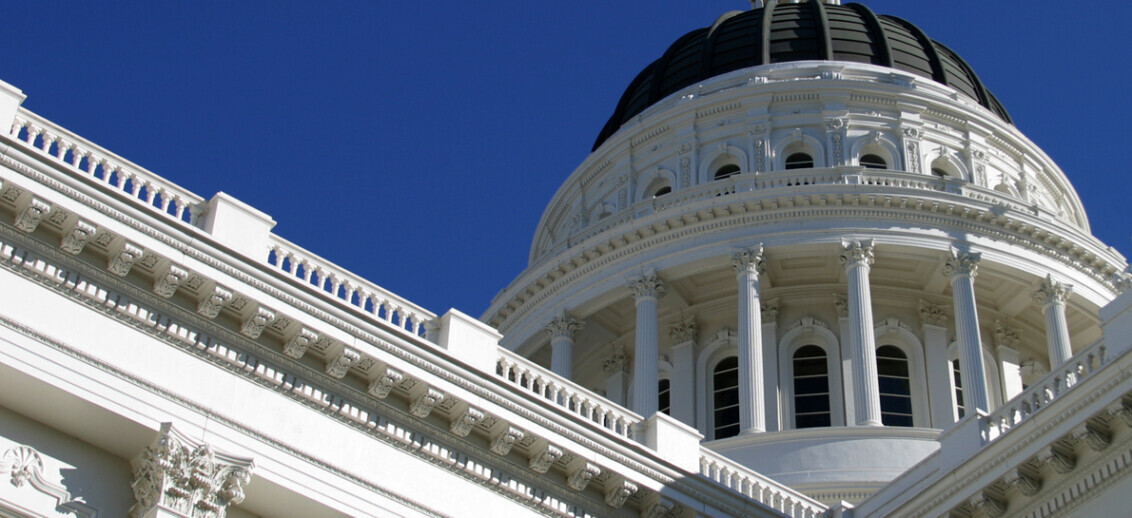Last year, Governor Newsom signed SB 399, which effective January 1 of this year, prohibited private and public employers in California from subjecting, or threatening to subject, an employee “to discharge, discrimination, retaliation, or any other adverse action because the employee declines to attend an employer-sponsored meeting or affirmatively declines to participate in, receive, or listen to any communications with the employer or its agents or representatives, the purpose of which is to communicate the employer’s opinion about religious or political matters” including communications related to unionization. SB 399 enacted Labor Code 1137 in an attempt to ban captive audience meetings by California employers and the statute allowed the law to be enforced by the California Labor Commissioner or by private court action.
I provided a detailed description of the law, dubbed “The California Worker Freedom from Employer Intimidation Act” last September CLICK HERE.
Yesterday, in response to a lawsuit filed by the Cal Chamber, Judge Daniel Calabretta of the Eastern District of California in Sacramento granted a preliminary injunction prohibiting the enforcement of SB 399/California Labor Code 1137 on the grounds that it is preempted by the National Labor Relations Act under both Machinists and Garmon preemption doctrines, and that the law is also an unconstitutional attempt to regulate employer speech in violation of the First Amendment’s free speech guarantees. A copy of Judge Calabretta’s ruling granting the injunction is available HERE.
This ruling is likely to be appealed by the State of California and its Attorney General Rob Bonta to the Ninth Circuit. In the interim, the state law prohibiting captive audience meetings is now stayed from enforcement.
Meanwhile, the ability of the National Labor Relations Board to enforce its 2024 decision in Amazon.com Services, LLC finding that the NLRA bans captive audience meetings remains in limbo for multiple reasons. The Board remains without a quorum and with only one board member currently on the Board – and needing three for a quorum, the NLRB is not likely to be enforcing anything, anytime soon.
Even if there was a quorum, in NLRB GC MEMO 25-05, Acting General Counsel Cowen withdrew the guidance issued by his predecessor Jennifer Abruzzo on this issue and has hinted that the Board will not pursue matters related to captive audience meetings or attempt to enforce Amazon.com Services, LLC.
In addition, and perhaps most importantly, all NLRB employees have been furloughed and the NLRB website is shut down as of last night due to the federal government shut down. The Board appears to be completely inoperable during the shutdown and given the Administration’s apparent disdain for the Board, and the recent SpaceX decision in the Fifth Circuit finding the NLRA unconstitutional, it remains unclear what the NLRB will look like once the shutdown ends and for the foreseeable future.
A preliminary injunction is not a final ruling and the federal law on captive audience meetings, including the state of the NLRB, remains in a state of limbo and uncertainty when it comes to its position on captive audience meetings. Therefore, risks remain when conducting captive audience meetings. However, there is no question that yesterday’s ruling should give more confidence to employers who wish to conduct captive audience meetings to discuss their views on unionization that such meetings have a reasonable chance of being found legal by both state and federal authorities. The risks of conducting such meetings, while not eliminated, have diminished materially.
If you are a California employer with questions regarding captive audience meetings or union relations issues, we encourage you to contact the author Mark S. Spring, Chairperson of CDF’s Traditional Labor Practice Group.



